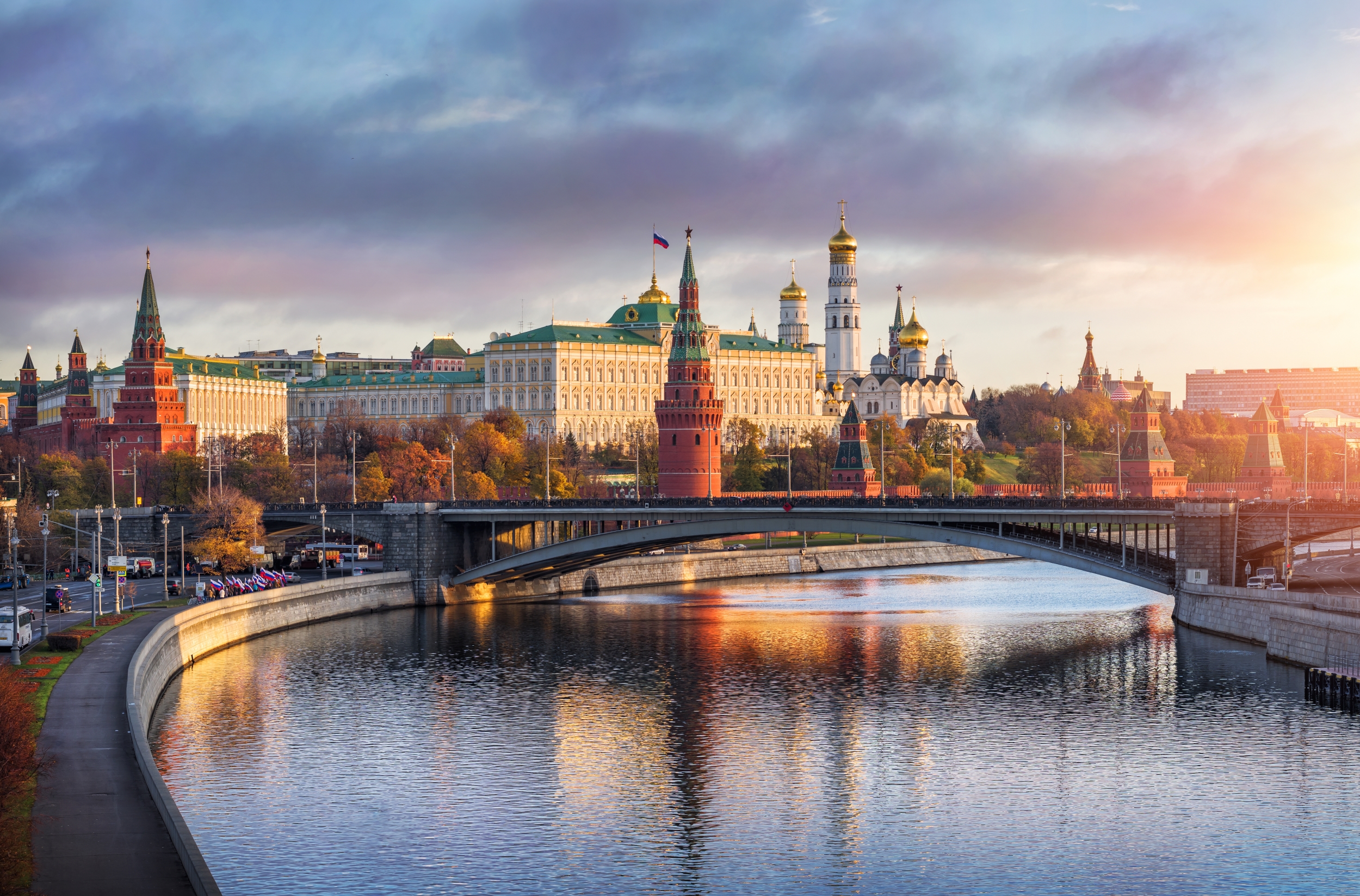Living in Russia: A Comprehensive and Detailed Guide
In today’s world, many people consider moving abroad for various reasons. Whether it’s for traveling, education, employment, or even permanent relocation, Russia stands as an attractive destination with its rich cultural heritage and vast opportunities. If you are contemplating moving to Russia, this detailed guide will provide crucial information to help you understand what living in Russia entails. From visa requirements to cost of living, we cover all aspects to ensure you are well-prepared for your journey.
Russia: A Transcontinental Giant
Russia, the largest country in the world by land area, straddles the continents of Europe and Asia. It is home to a diverse population and an extraordinary blend of cultures, landscapes, and historical significance. As the most populous country in Europe and the ninth most populous in the world, Russia is a land of contrasts—from its bustling metropolises like Moscow and St. Petersburg to the serene, expansive Siberian landscapes.
Key Topics Covered in This Guide
- Life in Russia: Social Life and Development Index
- Visa and Residency Requirements
- Cost of Living: Comparing Major Cities
- Housing and Lifestyle Options
- Employment Opportunities and Salaries
- Culture, Safety, and Practical Tips for Living in Russia
Russia’s Social Life and Human Development Index
According to the United Nations’ Human Development Index (HDI), Russia ranks 52nd globally, considering factors like life expectancy, literacy, education levels, and overall quality of life. While life in Russia can be comfortable, it is essential to understand the nuances of daily life, from cultural expectations to healthcare and education.
The World Happiness Report places Russia at 76th, taking into account social factors like happiness and satisfaction, which vary significantly across the country. The key takeaway is that Russia offers a unique and multifaceted lifestyle, where the experience can change dramatically from one city to another.
Currency and Cost of Living
The official currency in Russia is the Ruble (RUB), and the cost of living can differ widely depending on the city. In larger cities such as Moscow and St. Petersburg, living costs are notably higher compared to smaller cities or rural areas. Let’s break down the cost of living further:
Cost of Living in Major Russian Cities
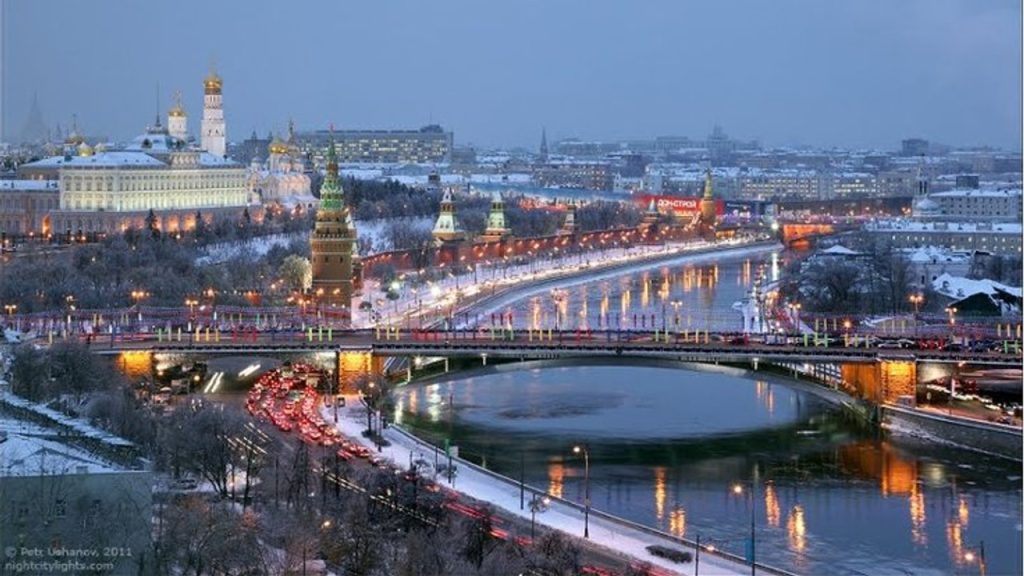
- Moscow: As the capital city and one of the most influential political and cultural centers, Moscow is also one of Russia’s most expensive cities. The average monthly rent for a one-bedroom apartment in the city center is approximately 67,753 RUB.
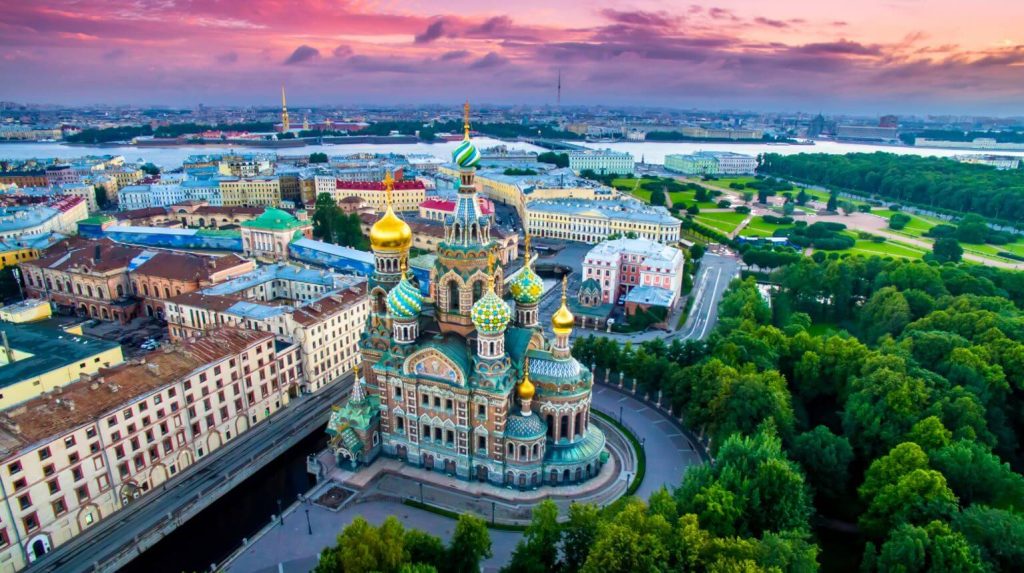
- St. Petersburg: Known as the cultural capital of Russia, St. Petersburg is home to numerous palaces, museums, and architectural marvels. Renting a one-bedroom apartment in the city center costs around 40,687 RUB.
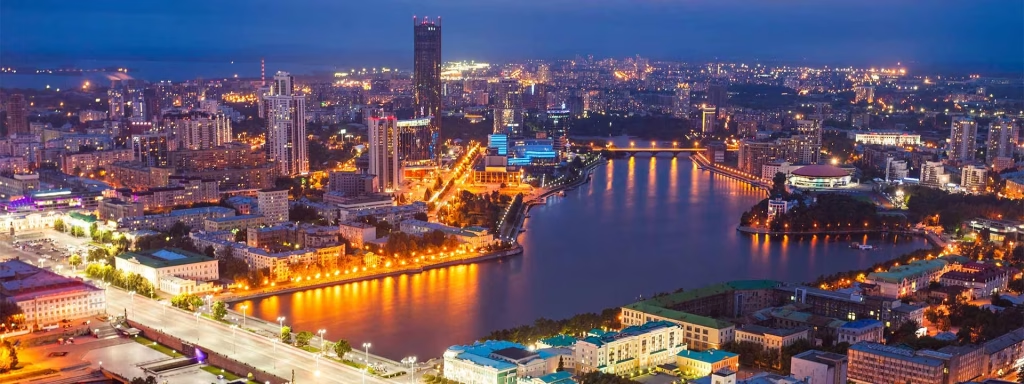
- Kazan and Yekaterinburg: Life in these cities is more affordable compared to Moscow and St. Petersburg. The average monthly rent for a one-bedroom apartment in Kazan is around 29,955 RUB, while in Yekaterinburg, it’s approximately 24,429 RUB.
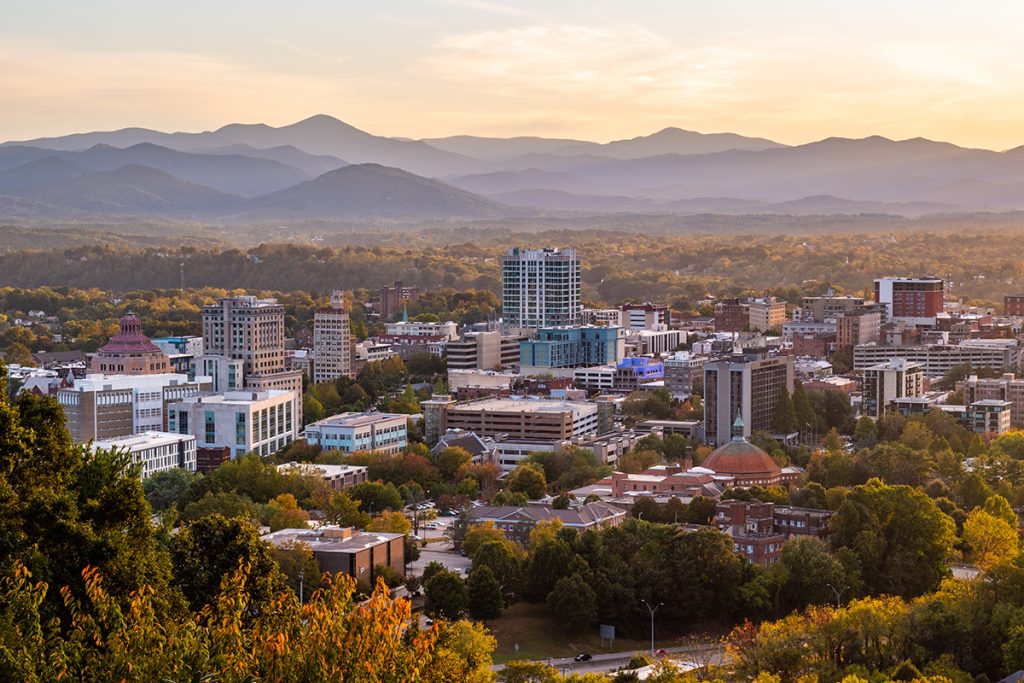
- Smaller Cities: In less urbanized areas, like Krasnodar and Perm, living costs are considerably lower. This makes these cities ideal for those seeking a more affordable lifestyle while enjoying Russia’s diverse culture.
Market Expenses and Daily Needs
To give you a clearer idea of daily costs, here are some average prices for basic goods in Russia (2021 data from Numbeo):
- Milk (1 liter): 66 RUB
- Bread (500g): 41 RUB
- Cheese (1 kg): 606 RUB
- Chicken (1 kg): 284 RUB
- Tomatoes (1 kg): 151 RUB
While Moscow and St. Petersburg have higher living expenses, cities in the Ural Mountains or Caucasus regions, such as Krasnodar and Perm, offer a more economical way of life.
Visa Requirements for Living in Russia
If you plan on moving to Russia, obtaining the correct visa is a critical first step. The country offers a variety of visa types, each catering to different needs:
- Tourist Visa: Ideal for short stays and tourism purposes.
- Student Visa: If you’re planning to study at a Russian university, you’ll need a student visa.
- Work Visa: Required if you have found a job and plan to work in Russia.
- Private Visa: For visiting family or relatives residing in Russia.
- Business Visa: If you intend to conduct business or invest in Russia.
- Humanitarian Visa: For asylum seekers or humanitarian reasons.
Russia is not part of the European Union, meaning EU citizens do not have free movement rights within the country and must apply for a visa. For Turkish citizens, only those with special passports (green or gray) are exempt from the visa requirement.
Obtaining Residency and Work Permits
Once you arrive in Russia, you must apply for a residence permit if you intend to stay for an extended period. You can start by applying for a temporary residence permit, which can then be upgraded to a permanent residence permit. The necessary documents include:
- Passport and identification card
- Criminal record check
- Four biometric photographs
- Visa and invitation letters
- Health certificates (such as HIV and COVID tests)
- Russian language proficiency certificates
- Proof of income
Employment Opportunities and Salary Expectations in Russia
Russia has diverse job opportunities, particularly in sectors like oil and gas, IT, engineering, and teaching English as a foreign language. Salaries vary significantly based on the industry, location, and level of expertise:
- Oil and Gas: High-paying positions are available, with some roles paying more than 150,000 RUB per month.
- IT Sector: Growing rapidly, with developers and IT professionals often earning between 80,000 – 200,000 RUB per month.
- English Teachers: Native English speakers are in demand, with salaries typically ranging from 40,000 to 100,000 RUB per month, depending on qualifications and experience.
It is advisable to secure a job before arriving in Russia, as this will help with visa processes and ensure a smoother transition.
Housing and Lifestyle Options in Russia
Whether you choose to live in a modern high-rise in Moscow or a more traditional residence in a smaller city, the housing options in Russia are diverse. Here’s a look at common housing styles:
- Urban Apartments: In major cities, apartments are the most common type of housing. While Moscow apartments can be expensive, they offer proximity to amenities and vibrant city life.
- Dachas (Country Homes): Many Russians have country houses, known as dachas, which they use for weekend getaways or holidays.
- Shared Apartments: Renting a room in a shared apartment is a budget-friendly option, particularly for students and young professionals.
Practical Tips for Living in Russia
- Language: Russian is the official language, and it’s beneficial to learn at least basic Russian to navigate everyday situations. Many locals do not speak English fluently, especially outside major cities.
- Healthcare: Russia has both public and private healthcare. Public healthcare is available to all residents, but expats often opt for private healthcare due to shorter waiting times and higher standards.
- Public Transport: The metro systems in Moscow and St. Petersburg are efficient and affordable, with intricate networks that make commuting convenient.
- Climate: Russia’s climate varies greatly. Moscow has cold winters, while cities like Sochi enjoy a milder climate. Be prepared for extreme weather, depending on the region you choose to live in.
Is Living in Russia Expensive?
Whether living in Russia is expensive or not largely depends on the city. For those planning to live in Moscow or St. Petersburg, expect to budget significantly for housing, food, and entertainment. However, in smaller cities, expenses are much more manageable. For example, Krasnodar and Perm are more affordable, with lower rent and cheaper everyday costs.
Living in Russia offers a rich cultural experience, blending historical charm with modern amenities. The country is vast, and your lifestyle will vary depending on your chosen city. For those seeking the hustle and bustle, Moscow and St. Petersburg are perfect choices, but they come with higher living costs. Smaller cities, on the other hand, provide a more laid-back and affordable lifestyle.
If you are considering moving to Russia, be sure to research your options thoroughly. From understanding visa requirements to planning your budget and learning about the culture, being well-prepared will help you adapt to life in this intriguing and expansive country.

